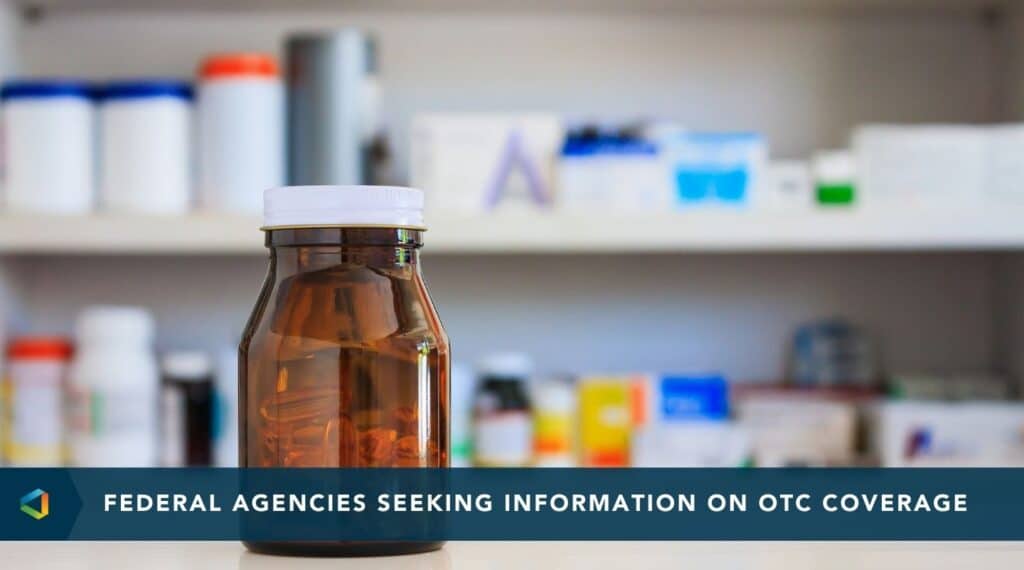This post was previously published on November 3, 2017.
Update as of Monday, December 4, 2017.
On December 3, CVS announced its plans to acquire health insurance giant Aetna in a $69 billion deal. While the deal still needs to be approved by antitrust regulators, the acquisition will change the healthcare industry as we know it. Click here to see the full press release.
CVS-Aetna Merger Has Potential To Change Consumer Experience and Healthcare Industry
In the near future, will your employees receive health insurance by the same company that sells packs of gum?
The landscape for how and where health and prescription drug coverage is delivered is poised for radical change.
Let's consider a few trends. We have close to 20 percent of expenditures in the U.S. economy tied to a very inefficient healthcare ecosystem, an aging population that will swell the ranks of Medicare by 30 percent over the next 10 years, and a very divisive policy-making environment on Capitol Hill and in the White House, trying to reshape the way healthcare coverage is provided and financed. The innovators and disrupters smell opportunity.
In October, CVS, one of the largest U.S. Pharmacy Benefits Managers (PBM) and drugstore chains, announced their intention to buy Aetna--one of the largest and oldest health insurance companies in the country. The irony here is that Aetna went from being the hunter two years ago, with an attempted acquisition of health insurance company, Humana that was eventually overturned for anti-trust reasons, to being the hunted. CVS, best known for their retail stores on virtually every other street corner, may not seem a likely contender, so why would they get into the business of being a health insurer?
Presumably, CVS sees a world where their existing MinuteClinics would become an outlet for receiving basic, lower cost healthcare services for Aetna customers. It would include getting healthcare coverage through their employer, Medicare or Medicaid. CVS is already one of the largest Pharmacy Benefit Managers that provides prescription coverage through their Caremark PBM business.
Another theory that’s been circulating regarding this merger is that the two healthcare companies are partnering out of fear: Amazon has stated its intention of getting into the business of dispensing prescription drugs, either through a mail order service and/or inside of its Whole Foods stores. The sheer size of Amazon along with its consumer brand recognition makes it a compelling disruptor to a fractured healthcare industry. Will Amazon build something from the ground up or make a big bet, following CVS's playbook and buying a large Pharmacy Benefit Manager or even a health insurer. Might they target an acquisition like Humana?
A vertical merger between CVS and Aetna would probably not raise the same anti-trust concerns or additional scrutiny by the Department of Justice that we saw during the attempted partnerships of Aetna/Humana and Anthem/Cigna.
It appears we are on a path to shake-up the healthcare industry.
We will continue to monitor these developments and keep you informed on what this CVS-Aetna partnership could mean regarding healthcare costs for both consumers and employers.




